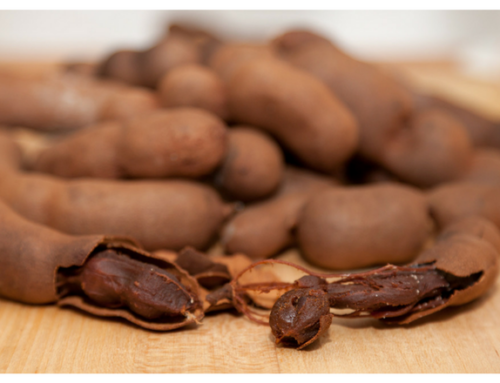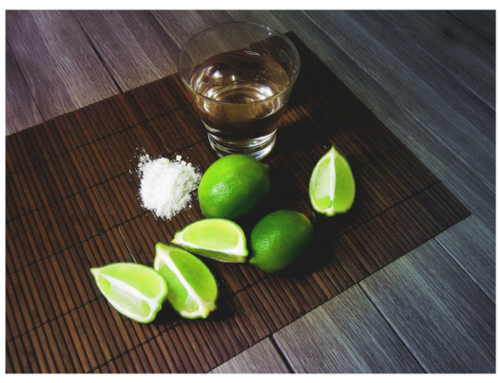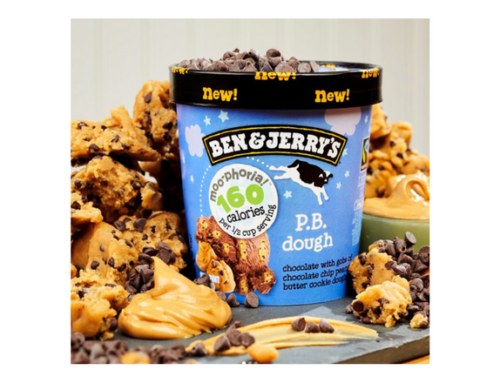It was a wild year in food news if you read the headlines: red meat causes cancer! Salad is bad for you! Coffee makes you live longer! It’s enough for even the most level headed foodie to swear off …. Everything. What do those headlines really mean? And what’s ok to eat? Let’s take a look.
Red Meat and Cancer
The world was abuzz last year when the World Health Organization said that processed meats are a cause of colorectal cancer (and red meats a probable cause). Though the headlines were scary, here’s the deep dive: WHO uses a very specific ranking system that doesn’t exactly correlate with how the public understands the vocabulary (“risk”, “probable cause”, etc.).
WHO evaluates cancer risk on the strength of overall research, not the actual danger caused by a specific product. And the system is limited – as in there aren’t that many tiers. As a result, products with wildly different risk potentials are lumped together.
For example, bacon is listed as a possible carcinogen in the same category as cigarettes. But smoking raises a person’s lifetime risk of developing lung cancer by 2,500 percent. Again, that’s more than two thousand percent.
Back to bacon now. WHO found that eating two strips of bacon every day for the rest of your life is equal to a six percent risk of developing colon cancer… that’s compared to a five percent risk of developing colon cancer for people who eat no bacon at all. Perspective is everything.
So should you swear off red meat and processed meats? No, but everything in moderation. Processed meats aren’t great for you to begin with and meat products aren’t gentle on the environment. Stick to dietary recommendations (really) and you’ll probably be fine. Here’s more. [pagebreak]
Salad is Bad for You
Last summer, the Washington Post ran a story headlined “Why Salad is So Overrated” and it caused a stir. The author, Tamar Haspel, wrote about how salad veggies are low in nutrition, how salad foods people into thinking they’re making healthy choices, and about how lettuce can wreak havoc on the food supply.
The argument was inevitably boiled down the sound bite that salad is bad for you. Obviously, not true.
Let’s take a look at the argument. Regrettably, the most common salad veggies don’t offer the nutritional punch you (ideally) want. As Mother Jones points out, the common salad greens we use are either low on the nutrition scale or devoid of it when we’ve finally used them. And it usually doesn’t occur to us to switch things up.
And yes, ordering a salad makes us feel virtuous but as Haspel points out, once you’ve eliminated the limp greens, are you actually just sopping up fat-laden salad dressing?
What Haspel is arguing for is smarter, more thoughtful choices when it comes to healthful eating. More veggies are great – make sure you’re actually getting them. And throw together a lunch that is actually nutritional and not pretending to be.
So is salad bad for you? It depends what you call a salad. Croutons, cheese, and ranch dressing on iceberg won’t do you any favors. And a spinach, cucumber, radish combo maybe won’t either, but it’s a start. [pagebreak]
Drink Coffee and Live Longer
The internet went wild last year when a study published in the journal Circulation found that regular coffee drinkers (people who drank less than five cups in a day) have a lower risk of dying early from a range of causes.
Should you run to the nearest Starbucks? Not quite yet. What really made this study surprising was that is reversed earlier held notions that coffee caused damage. But how much good it actually does still remains to be seen.
Coffee got a bad rep in the 70s and 80s when it was linked to higher rates of cancer and heart disease. But those studies didn’t take into account the fact that coffee drinkers were more likely to smoke or engagne in other risky behaviors.
But the new study doesn’t exactly onfirm that coffee makes drinkers live longer. First, the findings only show a link and can’t confirm that coffee is directly causing their finding (though compounds in coffee have been shown to lower insulin resistance and inflammation, both helping in better health).
Secondly, researchers used self-reporting, meaning volunteers kept track of their own coffee habits spanning a few years. And, unfortunately, self reports aren’t always reliable. Further, the study wasn’t designed to find a direct health benefit from coffee, that was a byproduct.
So what does all this mean? That the topic merits further study from well designed, well reported research. And as Time reported, “as long as you’re not overdoing it, says the study authors, ‘results from this and previous studies indicate that coffee consumption can be incorporated into a healthy lifestyle.’”


![Making Mealtime Matter with La Familia: Easy Sofrito [Video]](https://thelatinkitchen.com/wp-content/uploads/2015/10/sofrito-shutterstock__0-500x383.jpg)
![Easy Latin Smoothies: Goji Berry Smoothie [Video]](https://thelatinkitchen.com/wp-content/uploads/2015/12/goji_berry-shutterstock_-500x383.jpg)
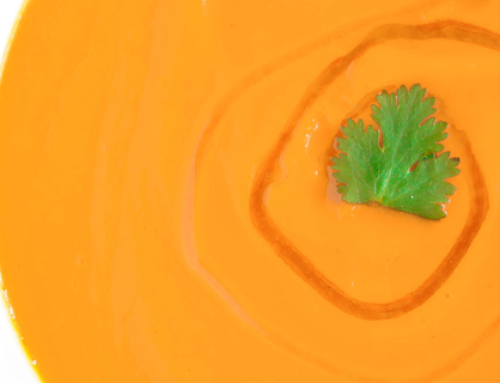
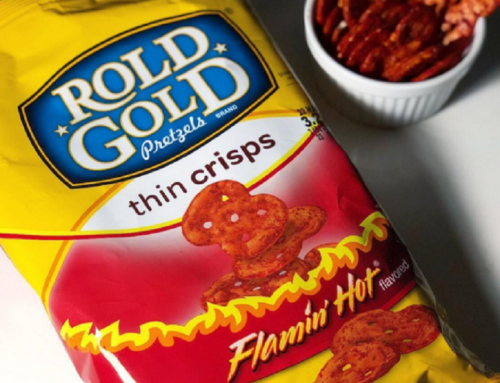




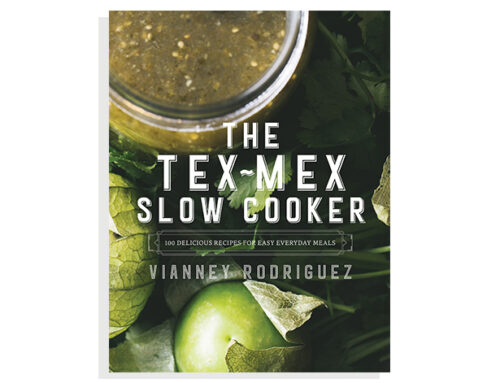
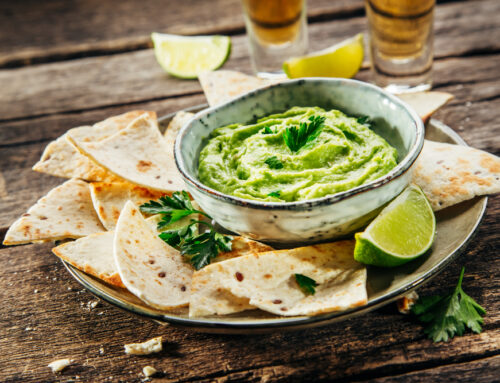
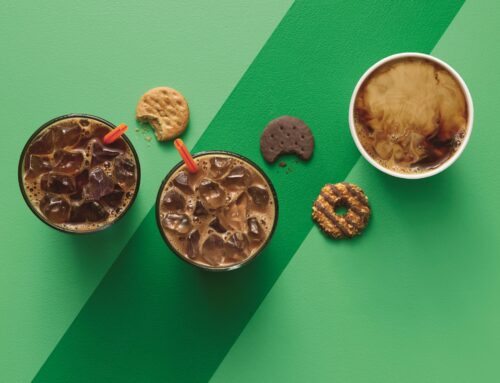


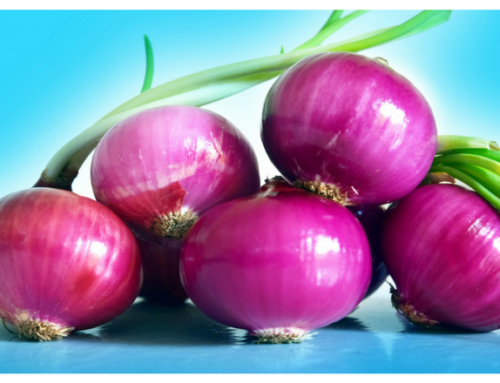




![Fun and Fast Recipes: Fiesta Cabbage Salad [Video]](https://thelatinkitchen.com/wp-content/uploads/2015/11/fiesta_cabbage_slaw-shutterstock_-500x383.jpg)


